For your summer reading pleasure, a selection of non-fiction books that are not only great reads, but may help you understand yourself and others better.
Email us at library@nmc.edu, we are happy to hold a copy for you.
I would also encourage you to use the comments section below to leave your own suggestions for summer reading. What was the best thing you read this year? Why did you love it? Who might also want to read it? I’ll add my fiction favorite in the comments to get the conversation started.
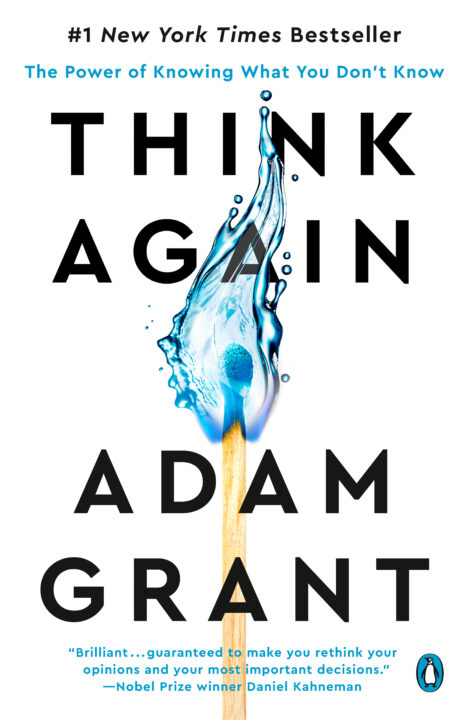 Think again : the power of knowing what you don’t know by Adam Grant
Think again : the power of knowing what you don’t know by Adam Grant
From the flap: “Intelligence is usually seen as the ability to think and learn, but in a rapidly changing world, there’s another set of cognitive skills that might matter more: the ability to rethink and unlearn.” This is a book about finding the joy and value in being wrong, engaging nuance and changing your mind. *If you are interested in creating opportunities for students to explore this in context of your coursework, keep your eyes open for a fall make-and-take training session in which we will build classroom activities that invite students to honor their gut reactions while providing room to change their mind.
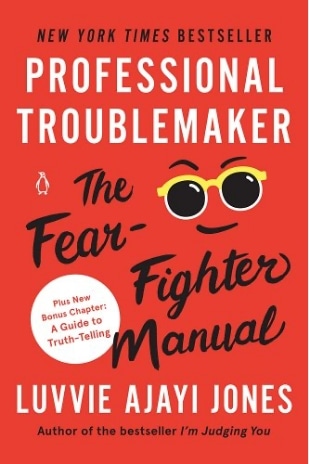 Professional troublemaker : the fear-fighter manual by Luvvie Ajayi Jones
Professional troublemaker : the fear-fighter manual by Luvvie Ajayi Jones
Adapted from the flap: “We’re all afraid. We’re afraid of being told “no”, of being different, of leaving behind the know for the unknown. But in order to do the things that will truly, meaningfully change our lives, we have to become professional troublemakers: people who are committed to not letting fear talk them out of the things they need to do or say to live free.” Jones points out that truth-telling and taking action are muscles that must be exercised. 
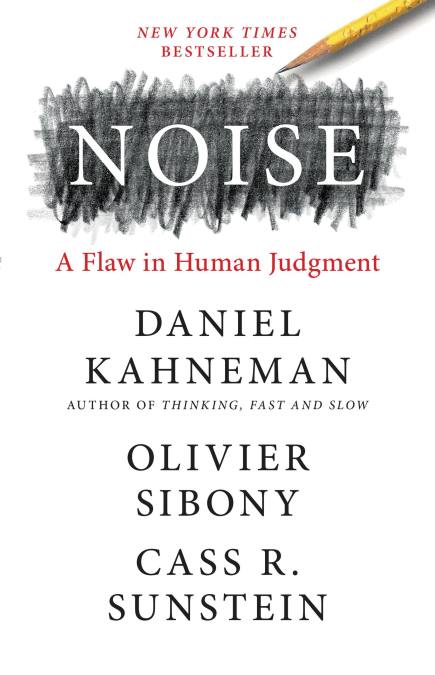 Noise : a flaw in human judgment by Daniel Kahneman
Noise : a flaw in human judgment by Daniel Kahneman
Kahneman (who you may recognize from Thinking, Fast and Slow) explores phenomena that distract and influence us, to the detriment of decision making and consistency in our lives and our work. He draws attention to the mental noise that exists wherever there is a judgment to be made, as well as how seldom we examine it. He provides “a few simple remedies people can employ to reduce the noise and bias to make better decisions.” Copious examples and anecdotes make this serious examination a truly enjoyable read.



Mexican Gothic, by Silvia Moreno-Garcia, is my ideal summer read. I’m a sucker for magic realism, I love the not-knowing. Wondering what will be explained rationally and where we have dipped our toes into the supernatural! These characters are enchanting. The setting is a classic (a gothic mansion in remote Mexico, a relic of colonialism). There is mystery, horror, romance and adventure. For my money, it has everything my brain needs to let go of work and embrace some time off.
From the publisher: Unsettled by a strange letter, Noemí leaves cosmopolitan Mexico City to check on her newly married but naïve cousin, who now lives at a remote estate called High Place. Noemí discovers that High Place lives in the past: mold runs across the wallpaper, the electricity barely works, and the servants don’t speak. Plus the ancient English-born master of the house has a thing for eugenics, and Noemí’s cousin is clearly losing her mind. And then Noemí herself begins to hear voices.…
The public library has it and it’s on audio which I highly recommend! The narrator’s voice is beautiful and authentic. It goes fast, so enjoy!
https://www.amazon.com/Mexican-Gothic-Silvia-Moreno-Garcia/dp/0525620788